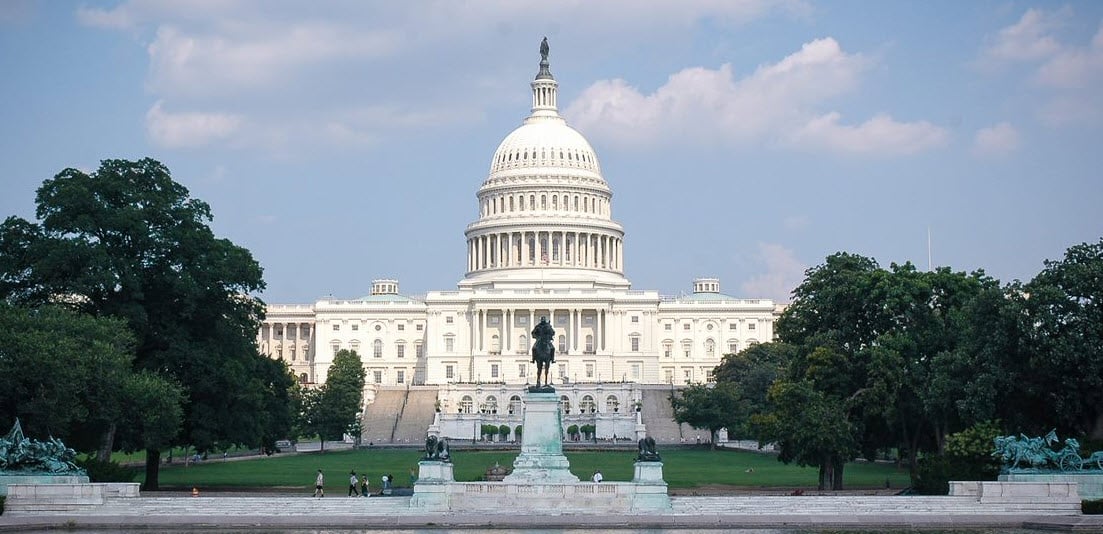In brief
The Department of Justice’s Antitrust Division, in partnership with the U.S. Postal Service, has launched a Whistleblower Rewards Program to combat antitrust crimes. Following the DOJ Criminal Division’s launch of a whistleblower pilot program last year,1 the Antitrust Division is now offering a reward to whistleblowers. Under the new program, individuals who report credible and timely evidence of antitrust collusion—such as price-fixing or bid-rigging and certain monopolization cases—may receive up to 30% of recovered criminal fines. This marks a significant step in expanding detection tools for antitrust violations, with reports to be submitted through a dedicated DOJ webpage.
Key takeaways
- The Whistleblower Rewards Program marks a major enforcement shift by offering financial incentives for reporting potential antitrust crimes.
- The program is designed to encourage people to come forward with credible information that can help enforce antitrust laws.
- It expands the DOJ’s toolkit for detecting collusive conduct like price-fixing and bid-rigging, while reinforcing interagency coordination with the U.S. Postal Service Inspection Service and the U.S. Postal Service Office of Inspector General (USPS OIG).
- By enabling individuals to report directly and potentially receive up to 30% of fines collected, the program may strengthen deterrence across multiple industries— including industries where the USPS procures goods and services either directly or indirectly.
- It also signals DOJ’s growing reliance on informant-led investigations to uncover and prosecute complex antitrust violations.
In more detail
The Whistleblower Rewards Program represents a significant development in antitrust enforcement, particularly in areas that are difficult to monitor, such as procurement. By offering financial incentives for individuals to provide “specific, credible, and timely information,” the program directly addresses the challenge of uncovering cartel activities, often conducted in manners difficult to detect.
From a deterrent perspective, this shift alters the risk calculus for potential offenders. The policy implies that even the most covert conspiracies are susceptible to detection since individuals now have a financial incentive to disclose. For the Antitrust Division, this could result in earlier detection, higher-quality evidence, and more efficient investigations.
Notwithstanding its potential, several considerations remain about the program’s implementation and practical effectiveness. Its success hinges on how accessible and protective the reporting process is, and whether potential whistleblowers perceive the program as worth the risk.
The program’s objective is said to “incentivize individuals and companies about collusive behavior without the fear of reprisal.” To support the program, the DOJ launched a dedicated Whistleblower Rewards Program webpage,2 and key information on antitrust crimes. Any award is subject to the terms of a Memorandum of Understanding3 (MOU) the Antitrust Division has with its law enforcement partners.
The MOU establishes eligibility criteria, reporting instructions, outlining and defining limitations and conditions. If an individual voluntarily reports original information about antitrust violations that lead to at least $1 million in fines or recoveries, they may receive a reward. The Antitrust Division will ultimately have discretion on whether to grant the reward, “but if a whistleblower is eligible for an award the presumptive award amount will be between 15 and 30% of the amount of the criminal fine or recovery.”
Further, this initiative aligns with broader global trends in competition law, emphasizing enforcers’ interests in proactive detection, leveraging informants, employing reward mechanisms, and building enforcement synergies. This heightens the stakes for those engaged or who may engage in collusion, signals a serious commitment by the Division, and has the potential to significantly enhance its enforcement scope and capabilities.
Companies should expect more oversight and enforcement, underscoring the need for companies to enhance their compliance programs. This raises the stakes for compliance failures and increases the likelihood of investigations initiated through whistleblower tips. Companies should take this as a further incentive to strengthen internal controls, ensure their procurement practices are in compliance with antitrust laws, and reinforce a culture of compliance to mitigate any potential exposure and reputational harm.
1 United States: DOJ launches Corporate Whistleblower Awards Pilot Program – Baker McKenzie InsightPlus
2 www.justice.gov/atr/whistleblower-rewards
3 Memorandum of Understanding Regarding the Whistleblower Rewards Program and Procedures Between the Antitrust Division United States Department of Justice and the United States Postal Service and the Office of Inspector General United States Postal Service







